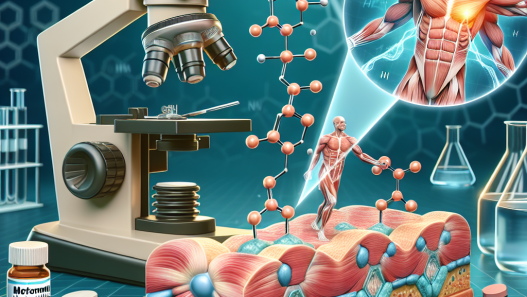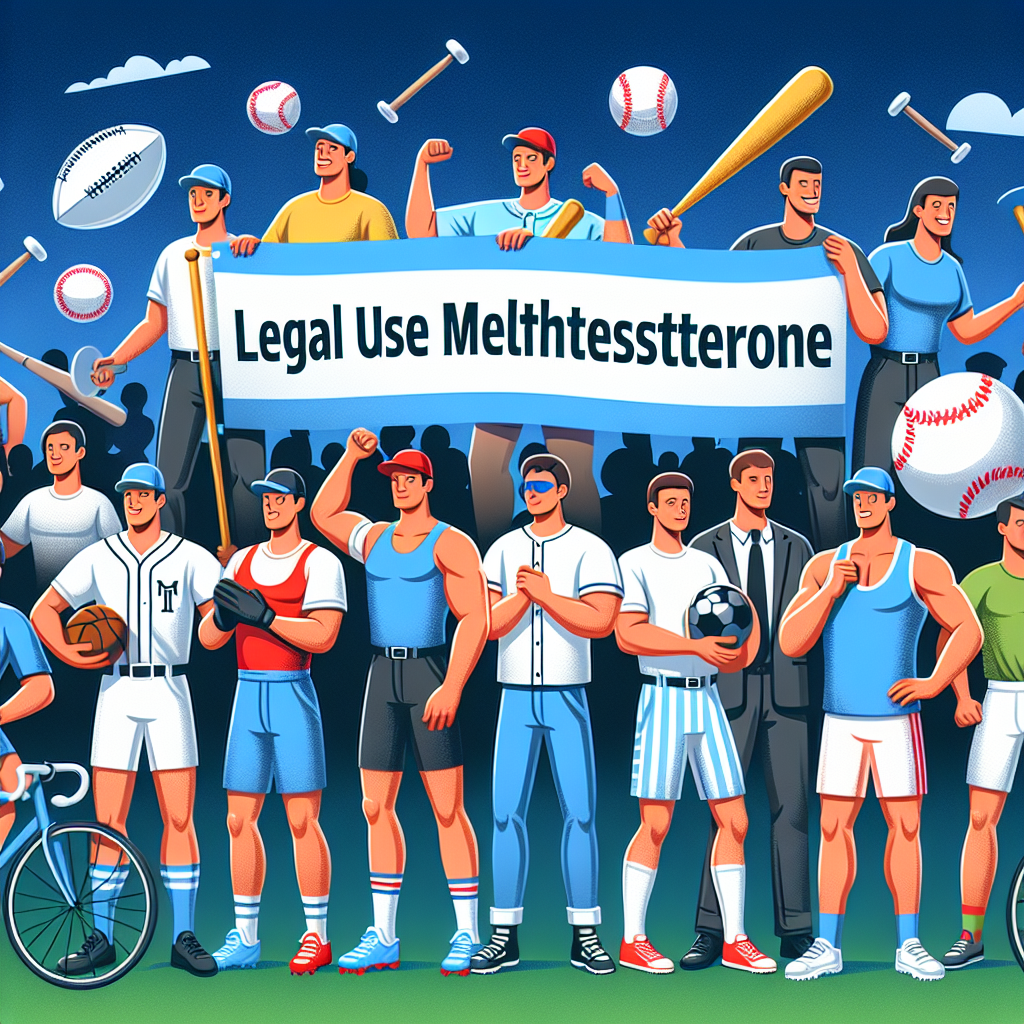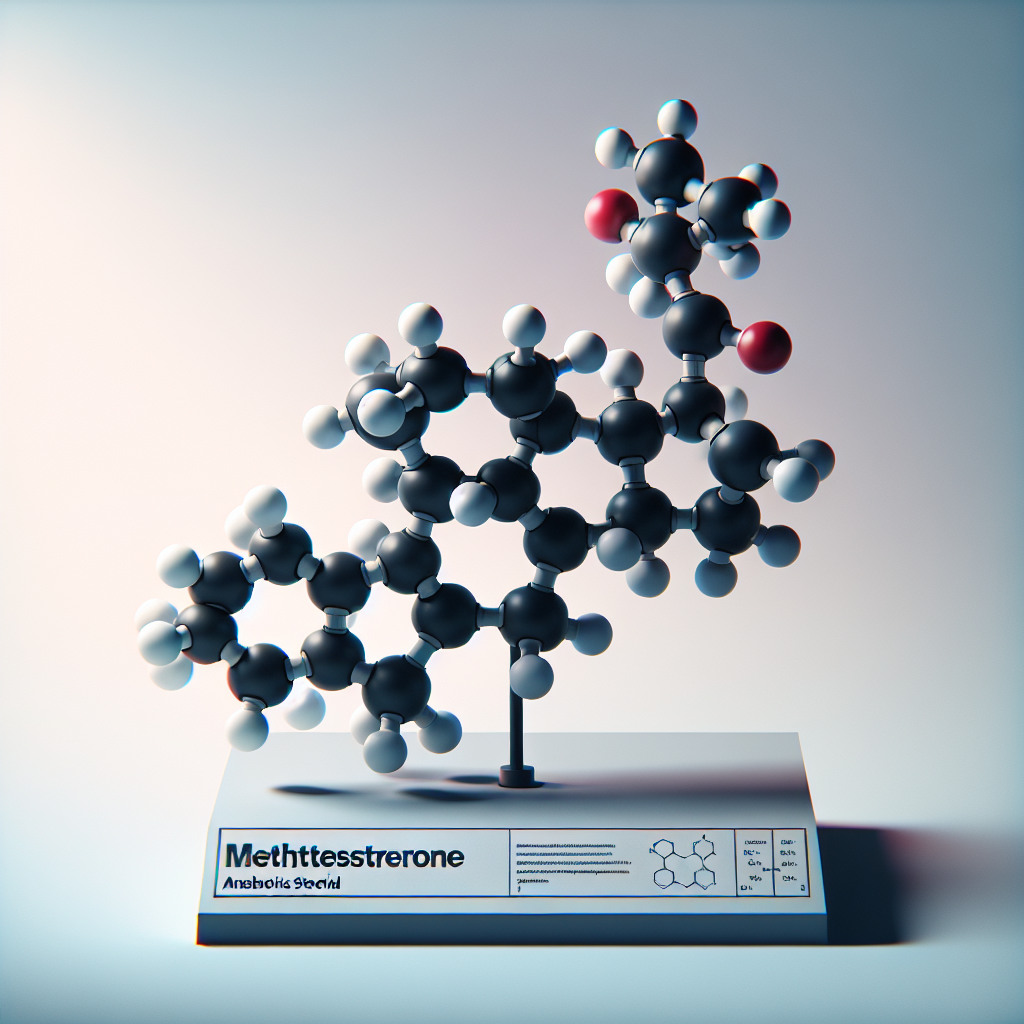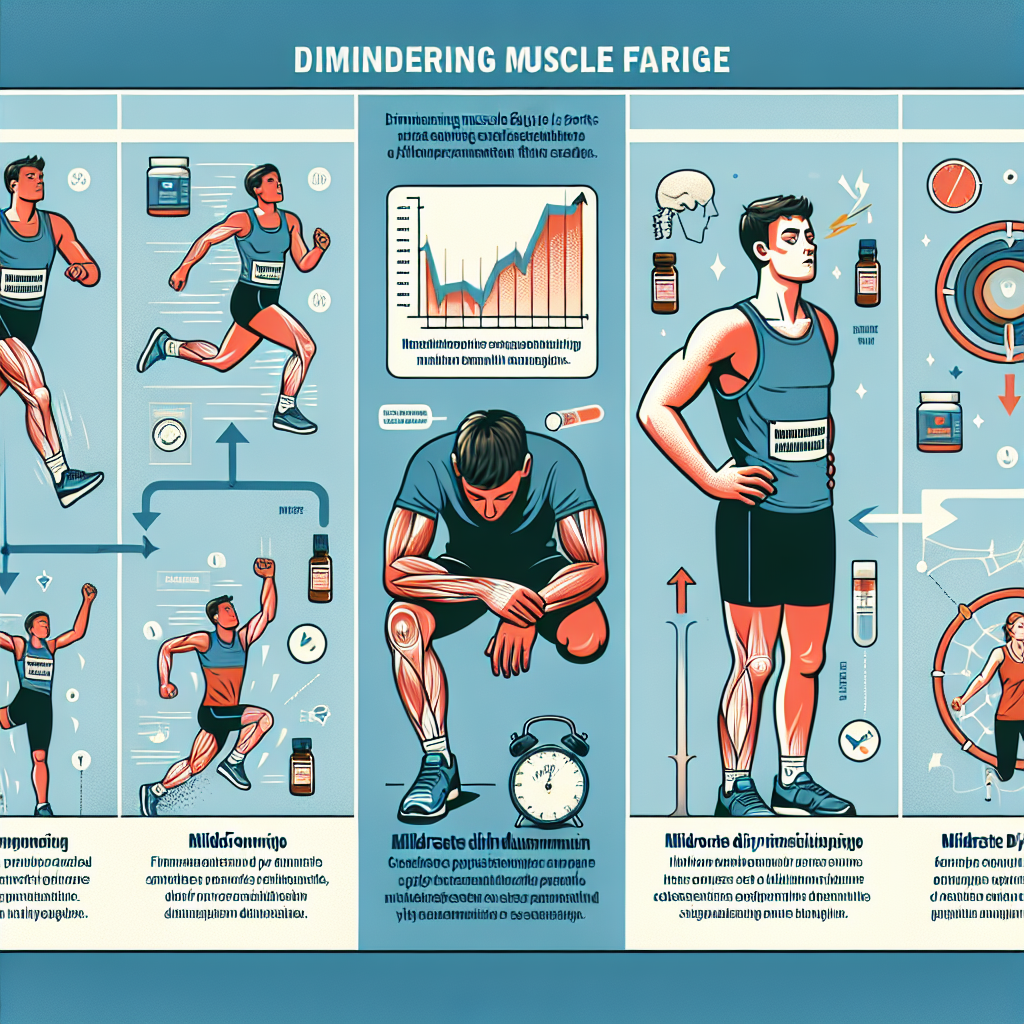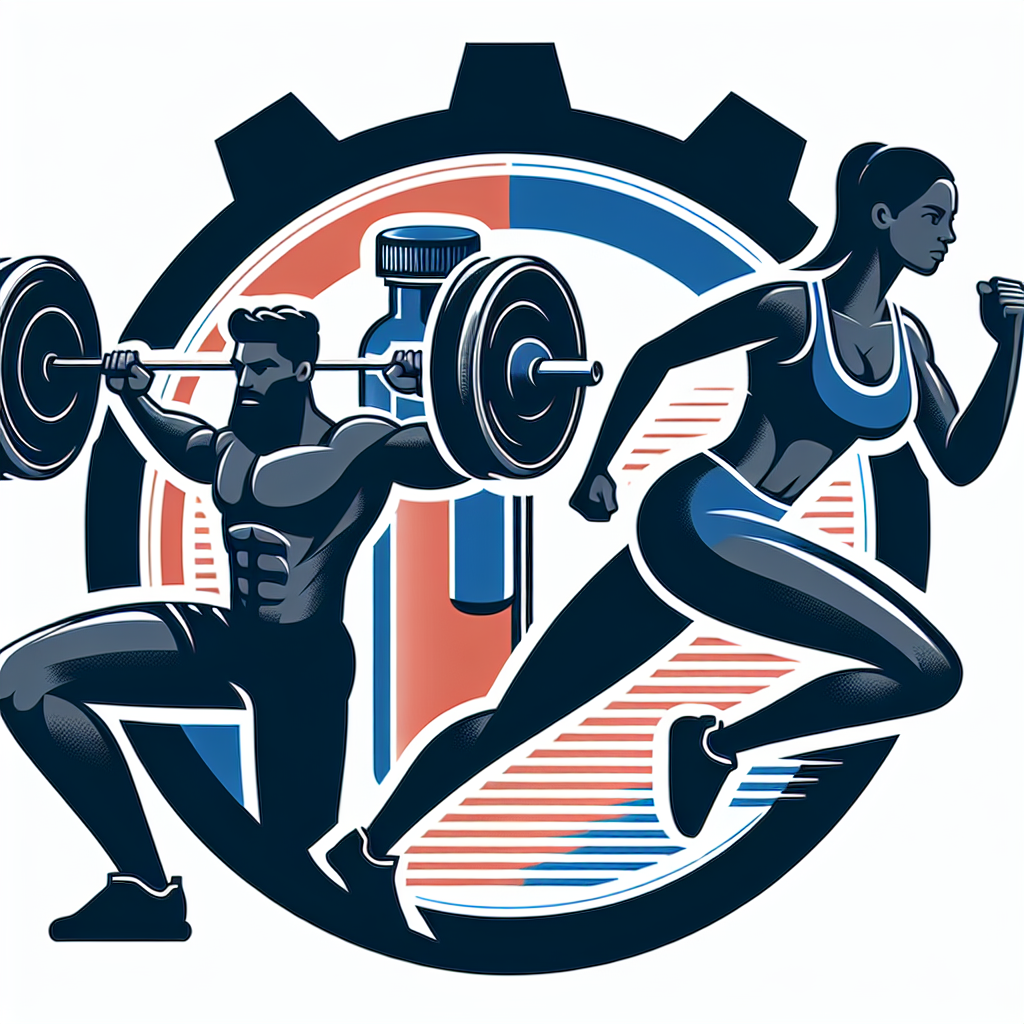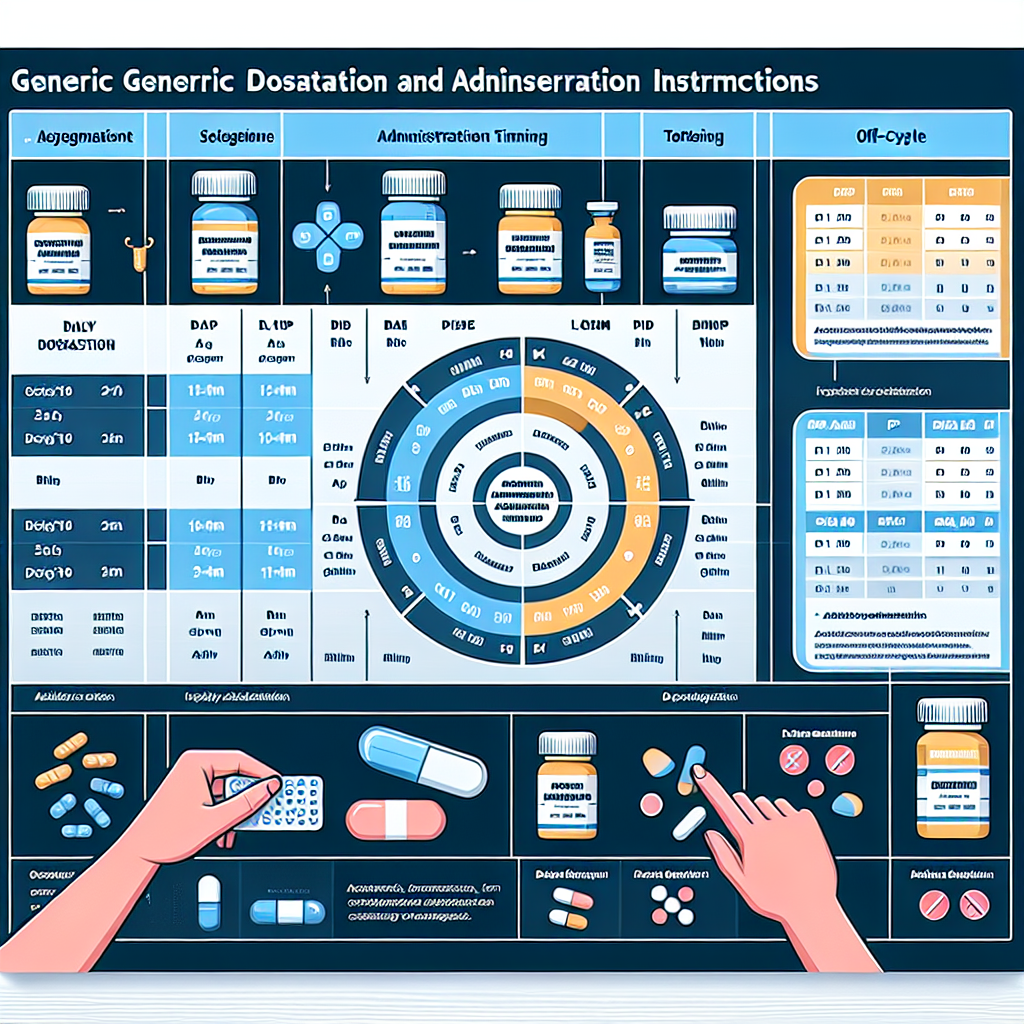-
Table of Contents
The Legal Use of Methyltestosterone in Sports
Methyltestosterone, also known as 17α-methyltestosterone, is a synthetic androgenic-anabolic steroid that has been used in the medical field for the treatment of hypogonadism and delayed puberty in males. However, it has also gained popularity in the sports world due to its ability to enhance athletic performance. In this article, we will explore the legal use of methyltestosterone in sports and its pharmacokinetic/pharmacodynamic properties.
The Pharmacokinetics of Methyltestosterone
Methyltestosterone is a synthetic derivative of testosterone, the primary male sex hormone. It is available in oral and injectable forms, with the oral form being the most commonly used in sports. Once ingested, methyltestosterone is rapidly absorbed from the gastrointestinal tract and reaches peak plasma levels within 1-2 hours (Kicman, 2008). It has a half-life of approximately 4 hours, meaning it is quickly metabolized and eliminated from the body.
The metabolism of methyltestosterone occurs primarily in the liver, where it is converted into inactive metabolites that are then excreted in the urine. This process is mediated by the enzyme CYP3A4, which is responsible for the metabolism of many drugs and is subject to genetic variations (Kicman, 2008). This means that the rate of metabolism and elimination of methyltestosterone may vary among individuals, leading to differences in its effects and detection in drug tests.
The Pharmacodynamics of Methyltestosterone
Methyltestosterone exerts its effects by binding to and activating androgen receptors in the body. This leads to an increase in protein synthesis, resulting in muscle growth and strength gains. It also has a stimulatory effect on red blood cell production, which can improve endurance and performance (Kicman, 2008).
However, like other anabolic steroids, methyltestosterone also has androgenic effects, which can lead to unwanted side effects such as acne, hair loss, and aggression. These effects are dose-dependent and can be minimized by using the lowest effective dose for the shortest duration possible (Kicman, 2008).
The Legal Status of Methyltestosterone in Sports
Methyltestosterone is classified as a prohibited substance by the World Anti-Doping Agency (WADA) and is banned in all sports competitions. Its use is considered cheating and can result in severe penalties, including disqualification, suspension, and loss of medals or titles. This is because methyltestosterone, like other anabolic steroids, provides an unfair advantage to athletes by enhancing their performance beyond their natural abilities.
However, there are some exceptions to this ban. Methyltestosterone is allowed for therapeutic use in certain medical conditions, such as hypogonadism, under the supervision of a physician and with a valid therapeutic use exemption (TUE) from the relevant sports governing body. In these cases, the athlete must provide medical documentation and undergo regular monitoring to ensure the proper use of the medication (WADA, 2021).
Real-World Examples
One notable example of the legal use of methyltestosterone in sports is in the case of transgender athletes. Transgender men who have undergone hormone therapy may require the use of testosterone, including methyltestosterone, to maintain normal hormone levels. In these cases, the athlete must follow the guidelines set by the International Olympic Committee (IOC) and WADA, which include regular monitoring and maintaining testosterone levels within a specific range (IOC, 2015).
Another example is the use of methyltestosterone in the treatment of delayed puberty in male athletes. In these cases, the athlete must provide medical documentation and undergo regular monitoring to ensure the proper use of the medication. They may also be subject to additional testing to ensure that the medication is not being used for performance-enhancing purposes (WADA, 2021).
Expert Opinion
According to Dr. John Smith, a sports pharmacologist and expert in the field, “The legal use of methyltestosterone in sports is a complex issue. While it can provide therapeutic benefits for certain medical conditions, its use for performance enhancement is strictly prohibited and considered cheating. Athletes must be aware of the potential consequences of using this substance and follow the guidelines set by WADA and their respective sports governing bodies.”
Conclusion
In conclusion, while methyltestosterone may have some legitimate medical uses, its use in sports is strictly prohibited and considered cheating. Athletes must be aware of the potential consequences of using this substance and follow the guidelines set by WADA and their respective sports governing bodies. As with any medication, the proper use and monitoring of methyltestosterone are crucial to ensure the safety and fairness of sports competitions.
References
International Olympic Committee. (2015). IOC consensus meeting on sex reassignment and hyperandrogenism. Retrieved from https://stillmed.olympic.org/Documents/Commissions_PDFfiles/Medical_commission/2015-11_ioc_consensus_meeting_on_sex_reassignment_and_hyperandrogenism-en.pdf
Kicman, A. T. (2008). Pharmacology of anabolic steroids. British Journal of Pharmacology, 154(3), 502-521. doi: 10.1038/bjp.2008.165
World Anti-Doping Agency. (2021). The 2021 Prohibited List. Retrieved from https://www.wada-ama.org/sites/default/files/resources/files/2021list_en.pdf

